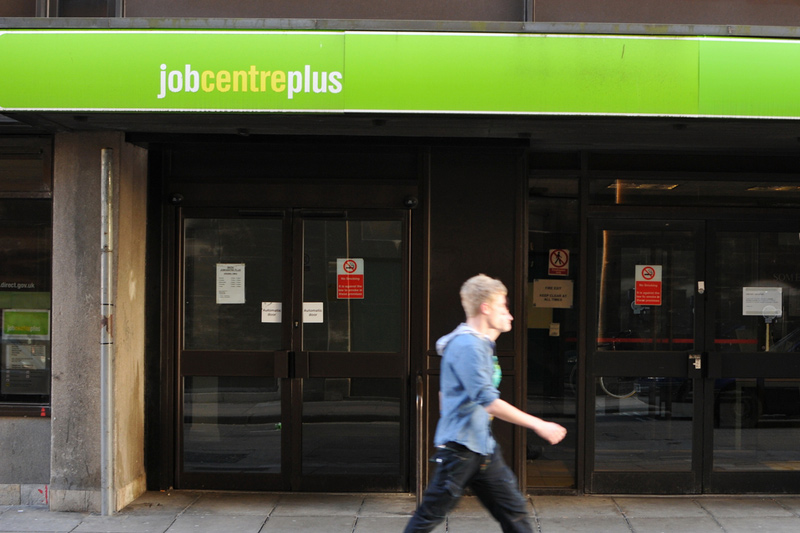LONDON,(Reuters) - British workers earned less between April and June than they did in the same period last year, even as the unemployment rate fell once again, official data showed.
The numbers underscore the challenge facing the Bank of England which is due to explain later on Wednesday what the mixed signals from the labour market mean for its thinking on when to raise interest rates.
The unemployment rate fell as expected to 6.4 percent in the three months to June, its lowest level since the end of 2008 and down from 6.5 percent a month earlier, the Office for National Statistics said.
But average weekly earnings, including bonuses, fell by a yearly 0.2 percent, the ONS said, the first time the reading had turned negative since March-May 2009 when the financial crisis caused a slump in bonus payouts.
That was a slightly bigger decline than a consensus forecast for a fall of 0.1 percent in a Reuters poll.
Earnings figures have suffered in recent months when compared with the same period last year because a cut in income tax in April 2013 prompted many firms to delay payment of bonuses last year.
But excluding the distorting effect of bonuses being paid at different times, regular pay growth was still a lot weaker than inflation, rising by just 0.6 percent in the three months through June compared with the same period last year.
That was the lowest growth in regular pay since records began in 2001.
In the month of June alone, total pay edged up by 0.4 percent while regular pay, excluding bonuses, rose 0.8 percent.
Britain's ruling Conservative Party has been keen to highlight the fall in the unemployment rate as it tries to win over voters ahead of the May 2015 national elections.
The opposition Labour party is drawing attention to the low growth in earnings as part of what it calls Britain's cost of living crisis.
Pay growth has lagged inflation for most of the period since the financial crisis in 2008 but narrowly overtook inflation in the first quarter of this year.
A Reuters poll published last week showed economists expect total earnings to pick up a bit from their second-quarter slump and rise 1.4 percent this year, followed by 2.9 percent in 2015.
For the Bank of England, the weakness in pay has become an important factor in discussions about when to start raising interest rates from their record low.
Some policymakers at the Bank think the record number of people in work could mean the labour market is about to heat up, and that the delay between unemployment falling and wages rising is only somewhat longer than normal.
But others say there has been a major change in the labour market that means more people will be looking for work and a long-awaited recovery in the productivity of British workers will finally materialise, also easing inflation risks.
The BoE is due to announce its latest economic projections at 0930 GMT (10.30 a.m. BST) on Wednesday when Governor Mark Carney starts a news conference.
The data from the ONS showed the number of people in employment rose by 167,000 to 30.60 million in the three months through June.
The number of people claiming unemployment benefit in the month of July fell by 33,600 compared with a revised 39,500 in June.
(Reporting by William Schomberg and Sarah Young)
